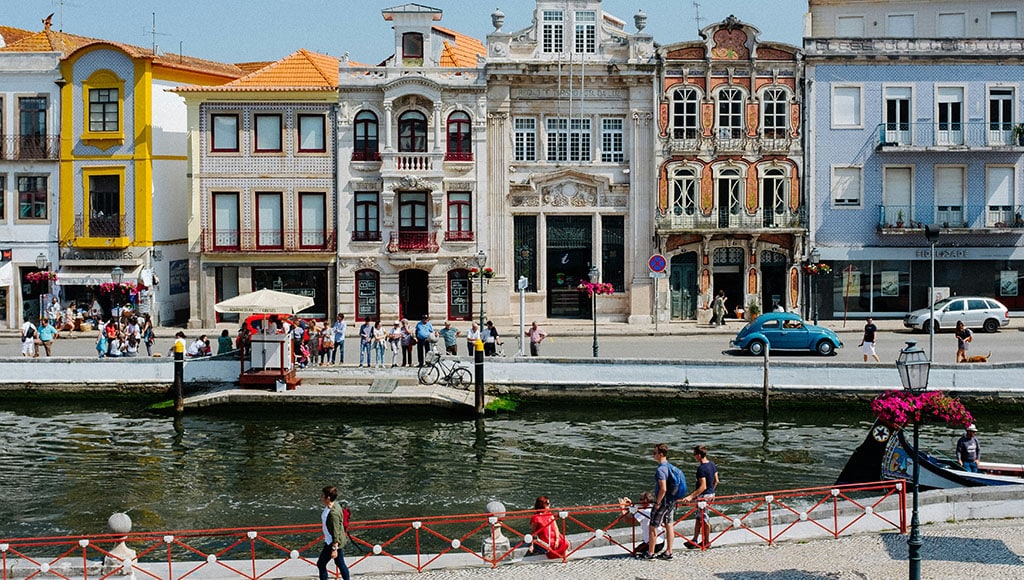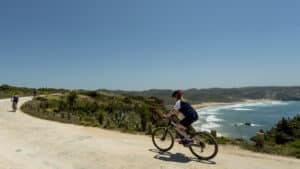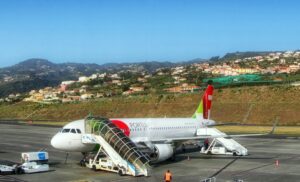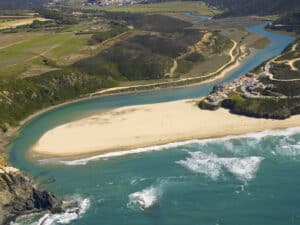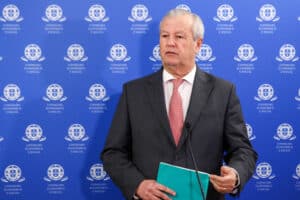Portugal closes 2024 with €27 billion in tourism revenue
Portugal expects to close 2024 with €27 billion in tourism revenue while the outlook for 2025 is growth of 9%, Secretary of State for Tourism Pedro Machado has said on Monday.
Speaking in Aveiro at the opening panel of a conference dedicated to the 2035 Tourism Strategy, he said: “As of today, we know that the country estimates that by the end of 2024 it will have reached something like €27 billion in revenue and the outlook for 2025 is for growth of around 9%”.
This growth will come with challenges and risks that need to be taken into account, he admitted – referring to the labour force, which will need to be qualified (and in the case of foreign workers, trained), and the digital transition of companies.
Pressure on resources, particularly water, are other concerns, he agreed.
“We want to listen to external partners, namely the most important players,” said Machado, alluding to the process of building the 2035 Tourism Strategy, which is being developed with public and private organisations from the tourism ecosystem.

Raul Almeida, president of the central region’s tourism authority, was perhaps the most vocal speaker today – calling for a more equitable distribution of tourist flows generated from Lisbon and Porto airports.
“We are the only region without an airport and these flows need to be distributed throughout the whole region,” he complained – noting that most of the hundred or so local authorities in the centre of Portugal are located inland.
In order to counteract the “great coastalisation” of tourism, focus must be on improving accessibility, both by rail and road, he said, giving as an example the lack of a motorway linking the cities of Viseu and Coimbra.
Ribau Esteves, mayor of Aveiro, who hosted the conference, referred to the development of tourism in his municipality, “a unique destination due to its culture and territorial conditions”. In this regard, he said that the bid to become the Portuguese Capital of Culture “is also a successful territorial marketing operation”, defending the importance of identity, democratic values, sustainability and technology as factors of attraction.
LUSA

